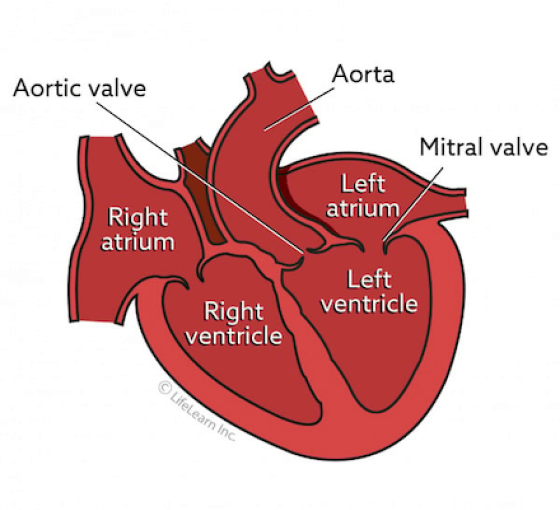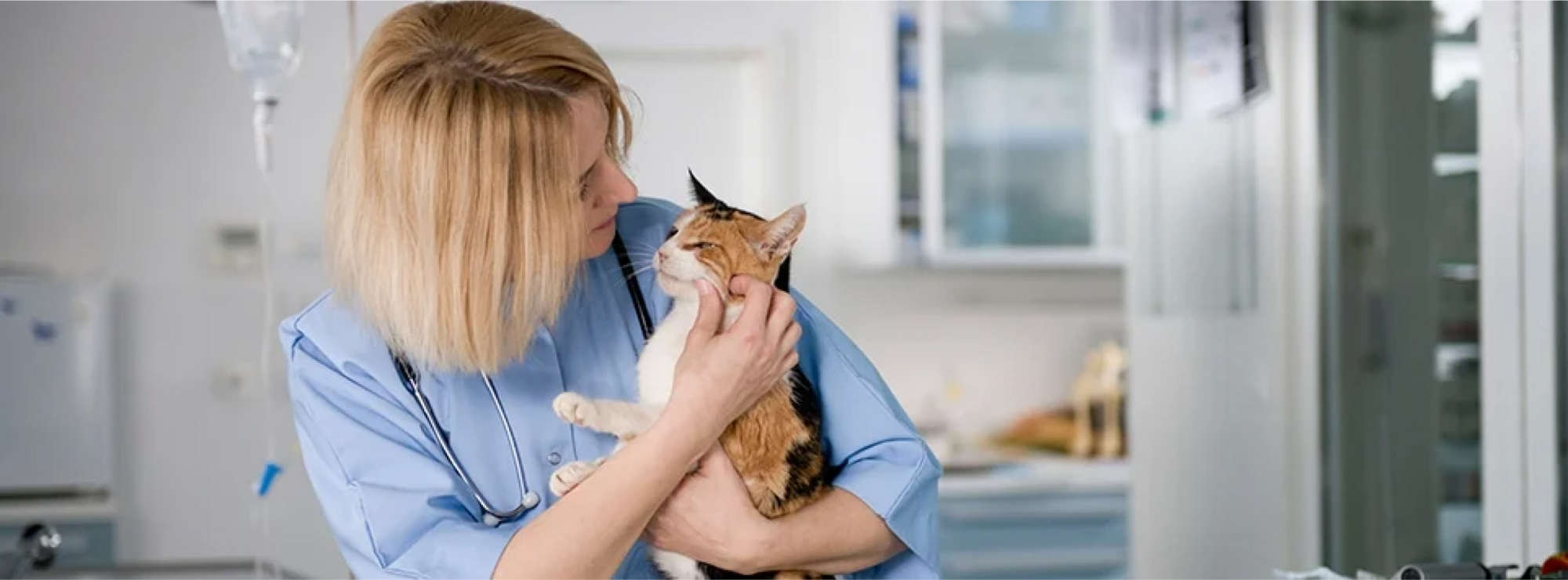Firstly, your vet will need to treat any life-threatening symptoms. If your cat has a pleural effusion (fluid in the cavity that surrounds the lungs) this will need to be drained. Likewise, any clot that is impeding mobility will need to be dissolved with medication immediately.
Once any emergencies have been addressed, long term management can begin. While heart disease cannot be cured, it can be managed with oral medication. Medication can be used to help the heart function better, normalise the rhythm, or reduce blood pressure. Depending on the drug required, they may be available in pill form, liquid form, or in gels that can be applied to the skin of the ear. Your cat will need to be treated with medication for life.
Medication for Cardiomyopathy in Cats
Drugs that may be used to treat heart disease in cats include:
1. Beta-blockers such as propranolol or atenolol, which slow the heart rate to reduce oxygen demand on the heart.
2. Calcium-channel blockers - similar to beta blockers as they helps the heart muscle to relax. They also reduce the strength of the heart's contractions to allow for more rest.
3. ACE-inhibitors (ACE stands for angiotensin-converting enzyme) such as benazepril, ramipril, enalapril, or ARBs (angiotensin receptor blockers) such as telmisartan. These help block the renin-angiotensin-aldosterone-system which may help manage the clinical signs of heart failure.
4. Diuretics such as furosemide/frusemide. These help reduce the signs of congestive heart failure by removing fluid build up around the lungs.
Ongoing care with regular vet check ups will be necessary to monitor your cat's progress and response to medication. The good news is that many cats













